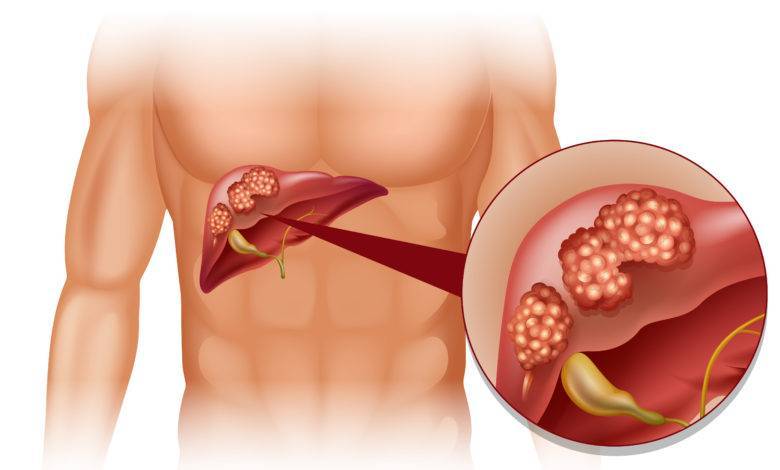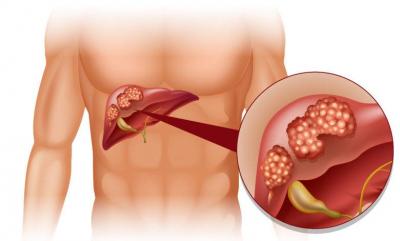Researchers at the National University of Singapore have discovered that the MOAP-1 protein plays a significant role in reducing the risk of liver cancer by suppressing the highly active Nrf2 cellular signaling pathway that promotes cancer cell development. Hepatocellular carcinoma (HCC), the primary form of liver cancer, is the fourth leading cause of cancer death worldwide.
Despite the identification of many risk factors and genetic aberrations associated with this cancer, diagnosis remains challenging due to limited treatment options. Additionally, symptoms of liver cancer typically do not manifest until late stages of the disease, further contributing to poor patient survival rates. Therefore, understanding the molecular development of liver cancer is a crucial step toward gaining new insights to facilitate the identification of potential drug targets for treating this deadly disease.
A research team led by Professor Victor Yu from the Department of Pharmacy at the National University of Singapore found that the MOAP-1 protein reduces the amount of insoluble p62 protein aggregates in the liver, effectively preventing the excessive activation of the Nrf2 cellular signaling pathway. High levels of p62 protein can accumulate and form insoluble aggregates in the liver, causing excessive activation of the Nrf2 pathway, which is known to enhance the production and activity of cancer stem cells, leading to their proliferation throughout the body and complicating their elimination by the human immune system. Therefore, high levels of p62 protein are closely associated with the occurrence of liver cancer and its poor prognosis.
In the study, researchers found that the MOAP-1 protein directly interacts with the p62 protein, interfering with the autophagic process that is known to play a pivotal role in reducing the accumulation of p62 protein in its insoluble form. This leads to the disassembly of p62 protein aggregates and inhibits their ability to stimulate the Nrf2 signaling pathway. It is noteworthy that this study reveals an important regulatory step that can be further explored to suppress the tumor signaling mechanism associated with liver cancer development. The MOAP-1 protein is regulated by an enzyme-linked mechanism to control p62 protein stability, and by developing small molecular compounds that can target this mechanism, it may be possible to increase MOAP-1 levels in the liver to produce a tumor-like effect, making it a potential candidate for developing effective treatments for liver cancer.
Moving forward, researchers will embark on a new study examining the role of MOAP-1 in the development of non-alcoholic fatty liver disease (NAFLD), a rapidly diagnosed cause of liver cancer worldwide, including in Singapore. Professor Yu added, "Non-alcoholic fatty liver disease encompasses a range of liver disorders, from fatty degeneration to non-alcoholic steatohepatitis, which can progress to life-threatening conditions including cirrhosis and liver cancer. Currently, there is a lack of effective treatments for non-alcoholic fatty liver disease, in which p62 protein also plays a significant role. However, details about how to control it are still not fully understood. Our current discovery of MOAP-1 functioning as a regulator of p62 protein is expected to open new research pathways to investigate its potential role in treating non-alcoholic fatty liver disease and hepatocellular carcinoma."




